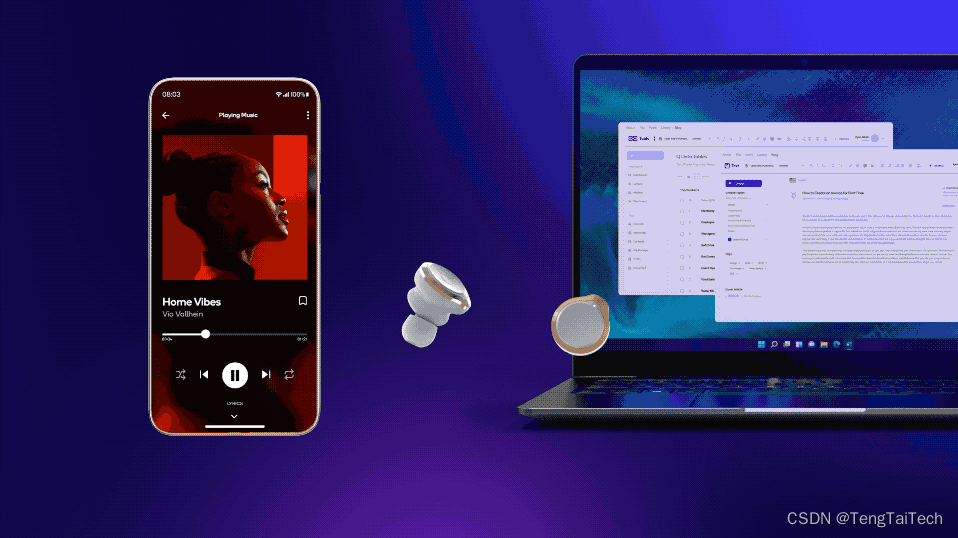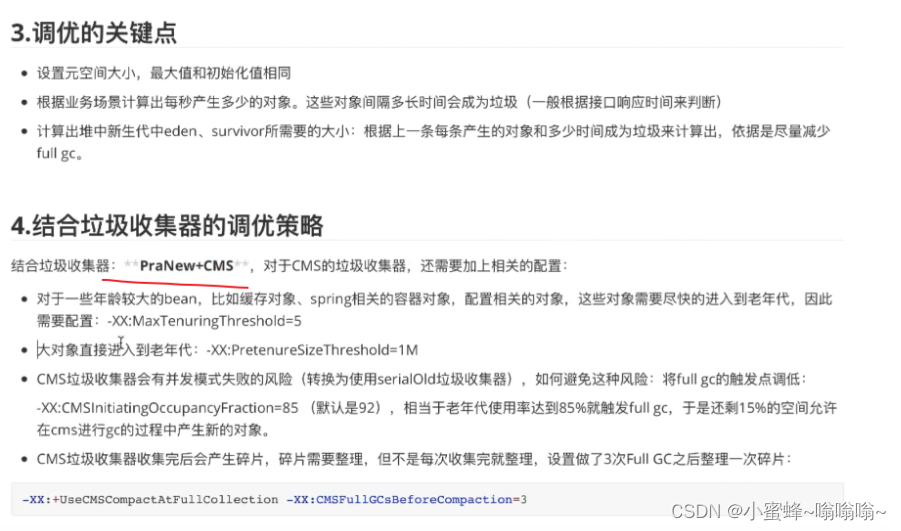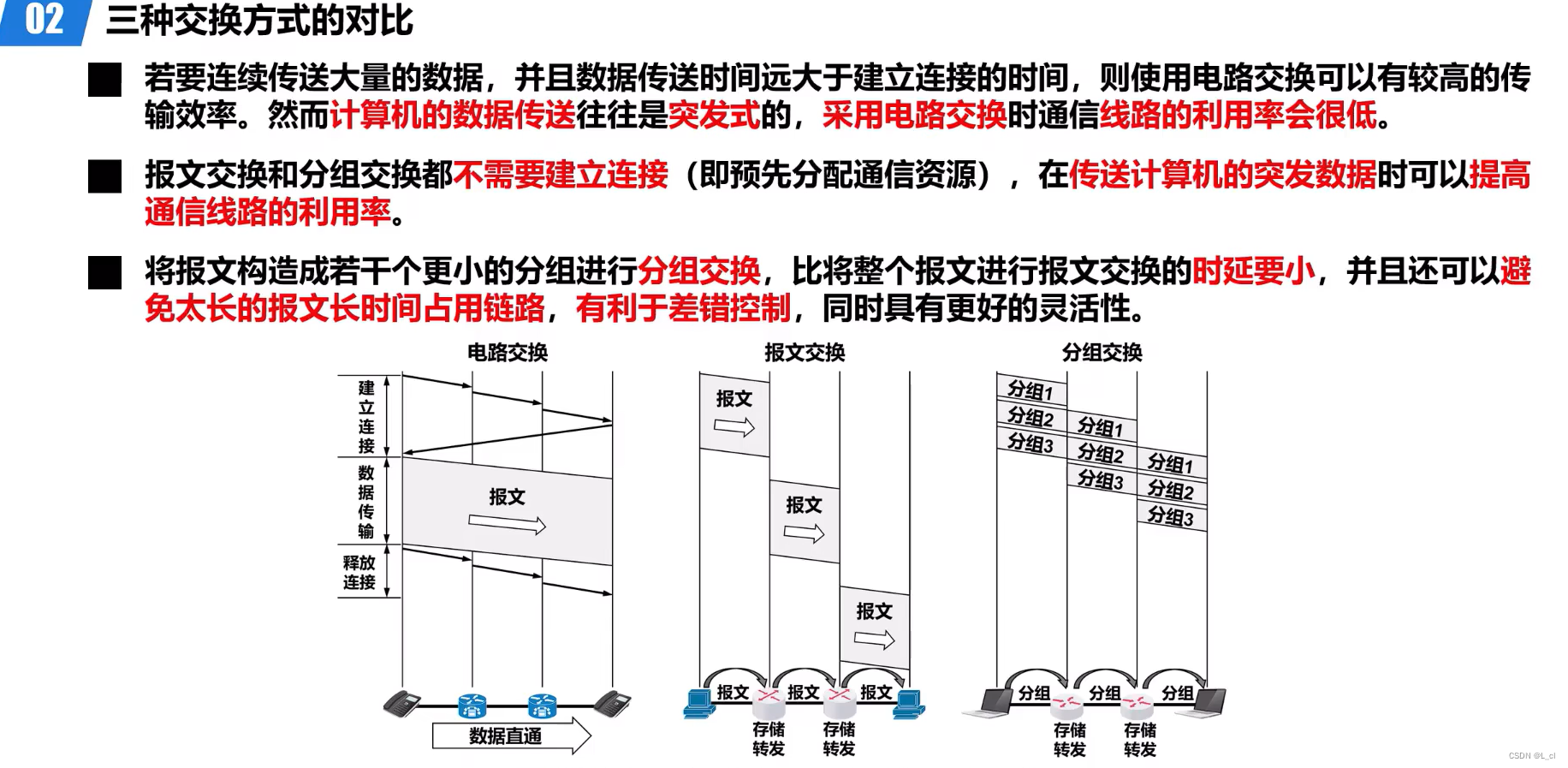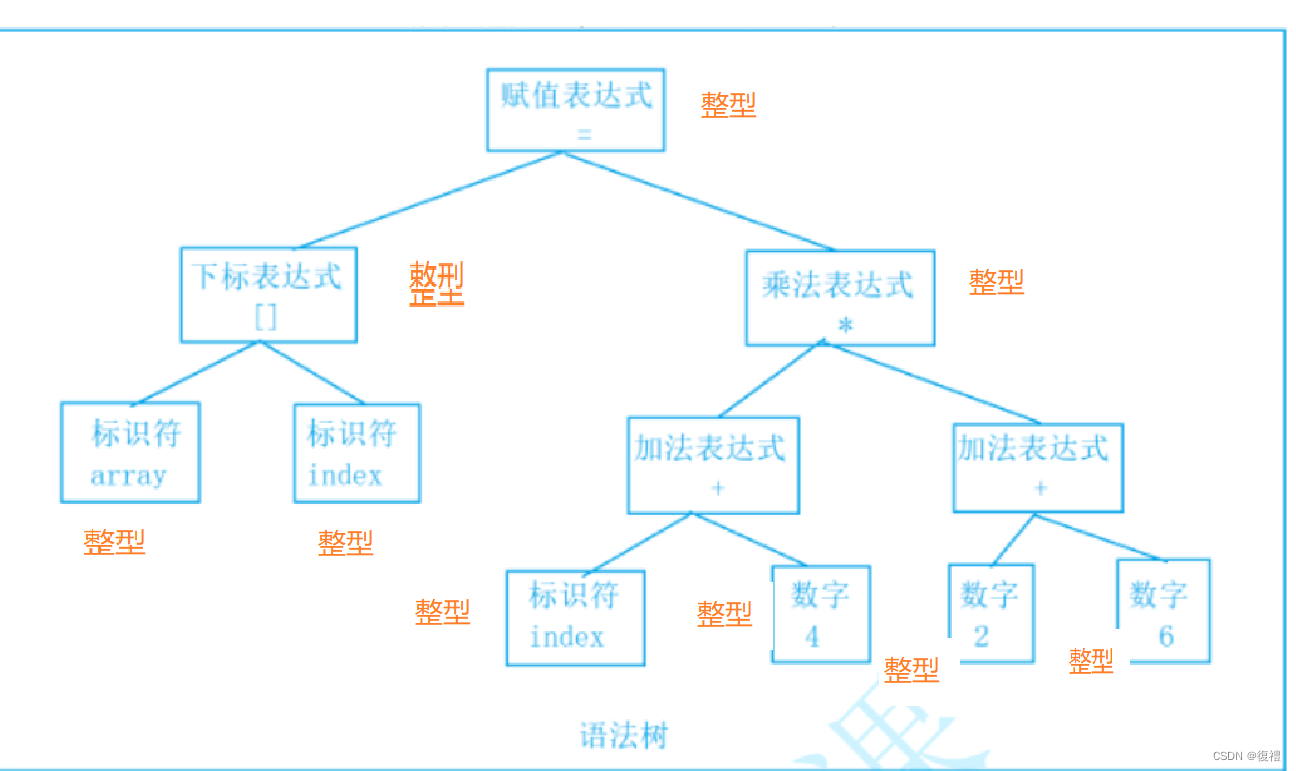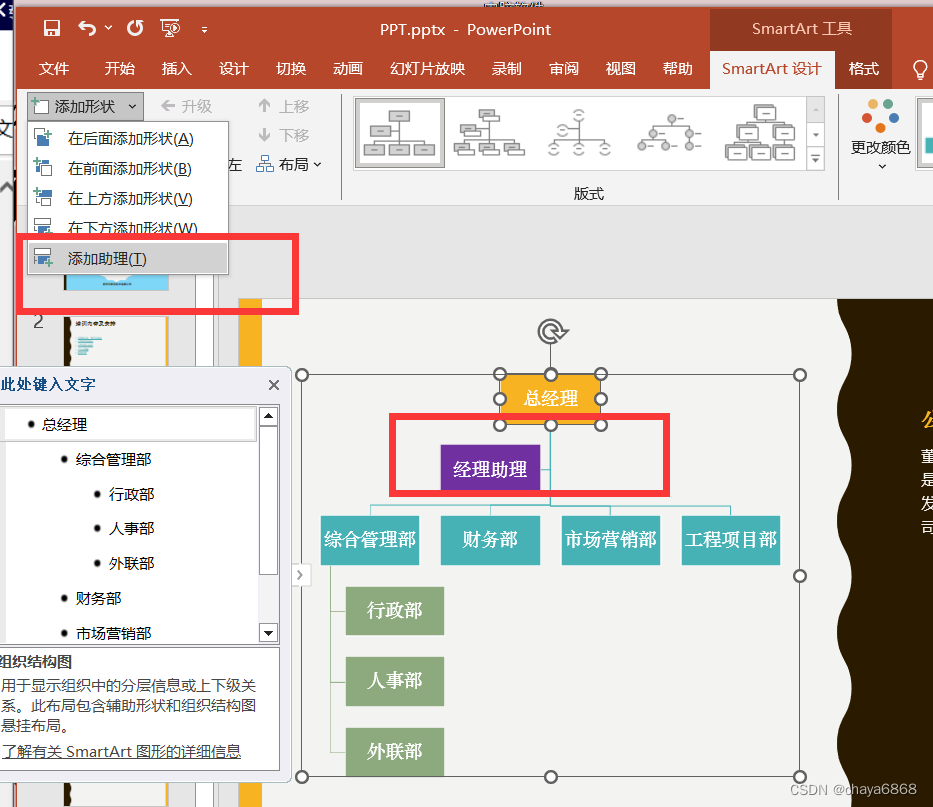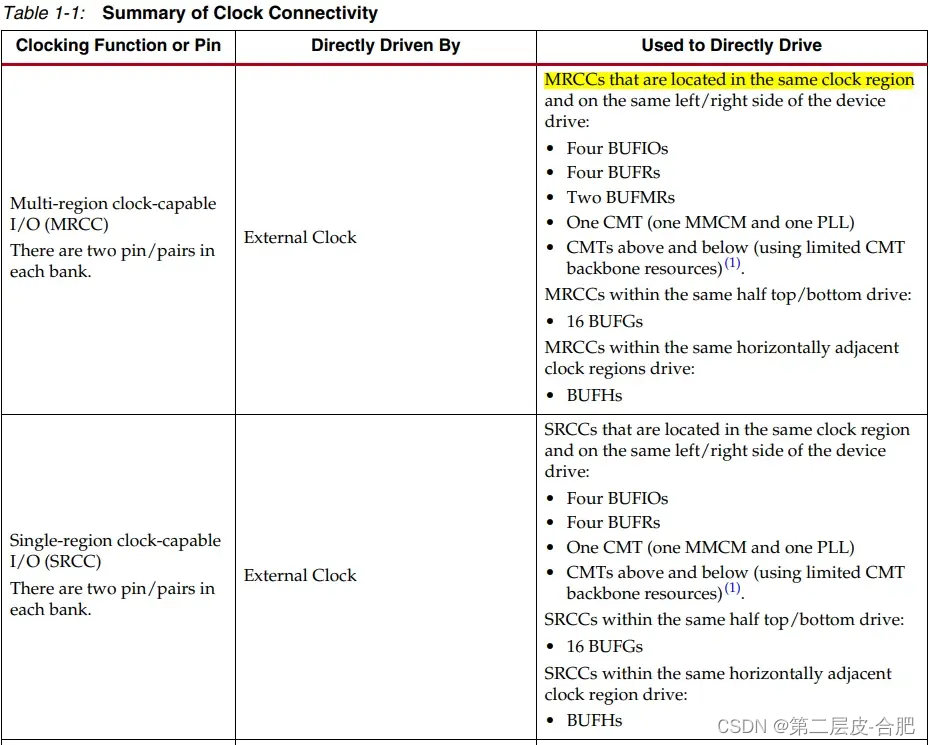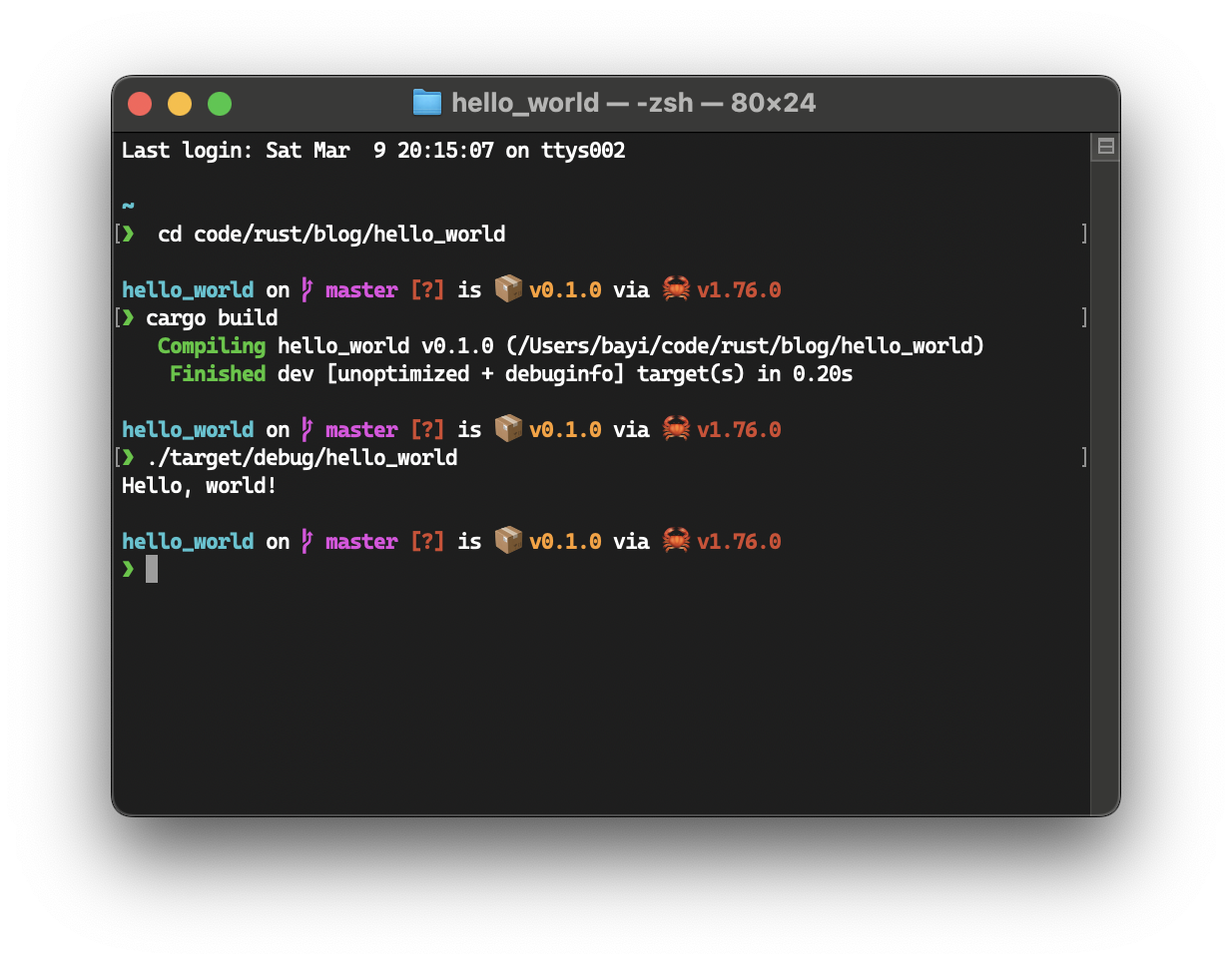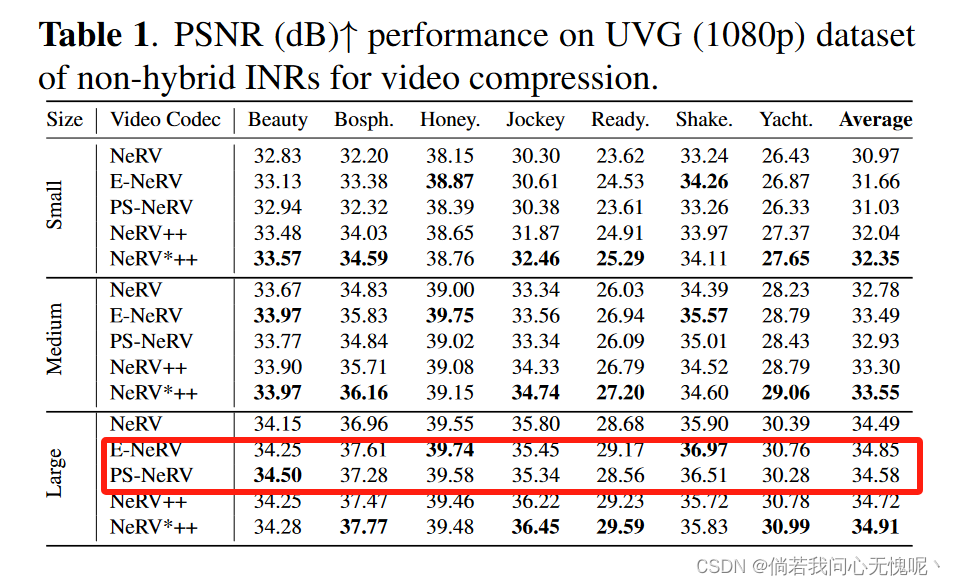为什么要使用 async await
async await 实现了使用同步的语法实现异步,不再需要借助回调函数,让代码更加易于理解和维护。
(async function () {// await 必须放在 async 函数中try {// 加载第一张图片const img1 = await loadImg1()// 加载第二张图片const img2 = await loadImg2()} catch (err) {console.error(err)}
})()
async await 使用要点
- await 只能在 async 函数中使用
async await 语法特点
- async 函数返回的都是 Promise 对象(若 async 函数内返回的不是 Promise ,则会自动将其封装为 Promise 再返回)
async function fn1() {return 100
}
console.log( fn1() ) // 相当于 Promise.resolve(100)
- await 后跟 Promise 对象:会阻塞代码的运行,需等待 Promise 变为 resolved 状态返回结果后,才继续执行后续代码
(async function () {const p1 = new Promise(() => {}) await p1 // p1 一直是一个 pending 状态的 Promise,代码将阻塞在这里,无限等待下去,后续的代码不会执行console.log('p1') // 此句不会执行
})()
- await 后跟非 Promise 对象:会直接返回
(async function () {const res = await 100console.log(res) // 100
})()
- await 相当于 Promise 的 then
(async function () {const p2 = Promise.resolve(100)const res = await p2 console.log(res) // 100
})()(async function () {const res = await 100console.log(res) // 100
})()(async function () {const p3 = Promise.reject('some err')const res = await p3 // p3 为rejected 状态的 Promise , 而 await 会一直等待 resolved 状态的 Promise,所以代码将阻塞在这里,无限等待下去,后续的代码不会执行console.log(res) // 不会执行
})()
- 使用 try…catch 捕获异常,相当于 Promise 里 catch (有利于代码的标准化,因为异常标准的捕获方式就是使用 try…catch )
(async function () {const p4 = Promise.reject("some err");try {const res = await p4;console.log('await后的Promise执行成功后的返回值res:',res);} catch (err) {console.error('await后的Promise执行失败后的报错err:',err); }
})();

async await 的本质
async await 只是语法糖,本质还是异步调用
- await 之后的代码,都属于异步调用
下方代码的执行顺序,见代码注释的序号
async function async1 () {console.log('async1 start') //2await async2()console.log('async1 end') // 5 关键在这一步,它相当于放在 callback 中,最后执行
}async function async2 () {console.log('async2') //3
}console.log('script start') // 1
async1()
console.log('script end') //4
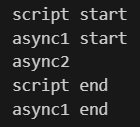
async await 自测题
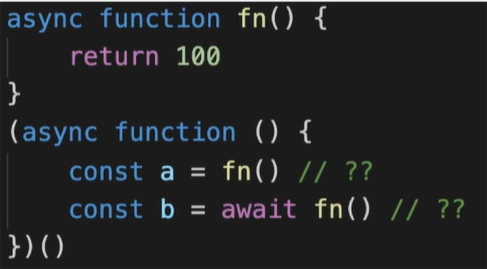
答案:a 是 Promise,b 是 100
解析:async 函数的返回值是 Promise , await 相当于 promise 的 then
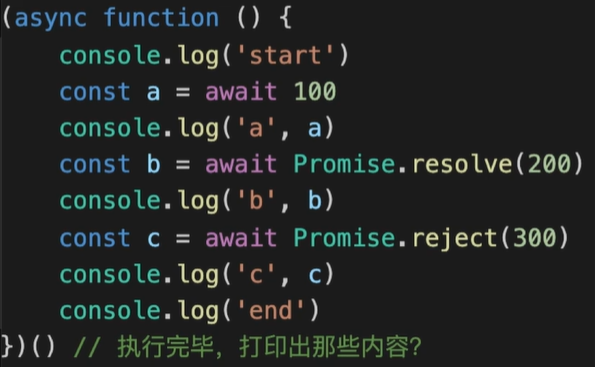
答案: start 100 200
解析:
- await 后接非Promise,不做处理,直接返回
- await 相当于 promise 的 then 函数
- resloved 状态的 promise 会触发 then 函数
- rejected 状态的 promise 不会触发 then 函数
